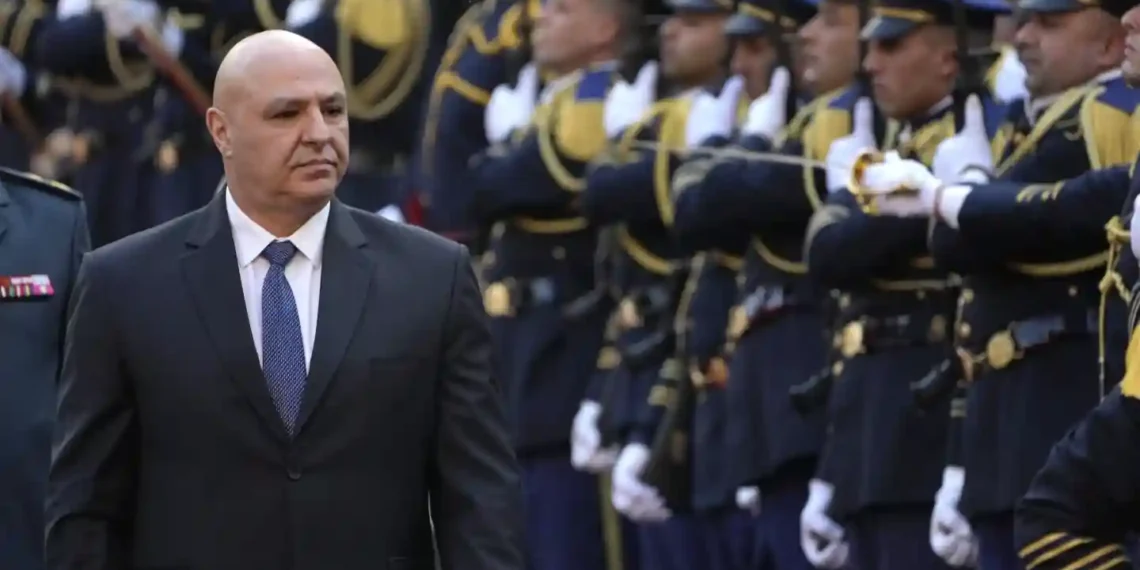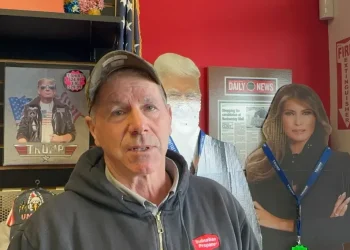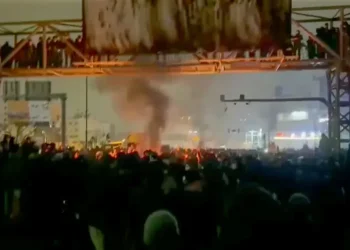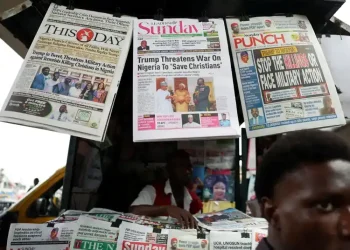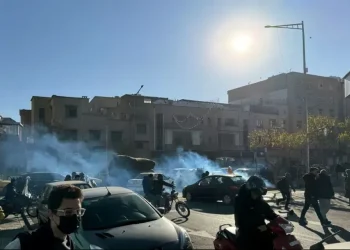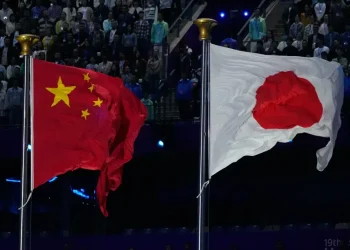Who is Joseph Aoun? The Low-Profile Army Chief Who Became Lebanon’s President
Lebanon’s new president, Joseph Aoun, is a former army commander known for his low-profile, disciplined leadership. Unlike many in Lebanon’s fractured political system, Aoun has largely avoided partisan affiliations and political discussions, making him a unique figure in the country’s leadership.
Bilal Saab, a former Pentagon official and now senior managing director of TRENDS US consulting firm, describes Aoun as a “very sweet man, very compassionate, very warm.” Saab, who worked closely with Aoun during his tenure as army chief, emphasized that Aoun was fiercely nonpartisan and had little interest in media appearances or political maneuvering.
“He wanted to take care of business, and his only order of business was commanding the Lebanese army,” Saab noted. This trait, according to Saab, could be an advantage as president, as Aoun is less likely to demand political favors or engage in the transactional nature of Lebanese politics.
Aoun, 61, hails from Aichiye, a Christian village in southern Lebanon’s Jezzine province. He joined the Lebanese army as a cadet in 1983 during the country’s 15-year civil war. His military experience includes commanding the army’s 9th infantry brigade before being appointed army chief in March 2017.
Retired Brigadier General George Nader, who fought alongside Aoun during the 1990 Battle of Adma, recalled him as steady and focused, even in the face of significant bloodshed.
“The level of bloodshed was significant, and I remember Joseph was steady and focused,” Nader said.
Aoun’s tenure as army chief saw Lebanon through multiple crises, including:
- Battling Islamist militants: Aoun led the army’s offensive against Islamic State and Hayat Tahrir al-Sham (HTS) militants near the Syrian border.
- Navigating the 2019 mass protests: The Lebanese army played a key role in managing large-scale anti-government demonstrations.
- Responding to the 2020 Beirut port explosion: The military assisted in rescue efforts following the devastating blast.
- Handling the Israel-Hezbollah conflict: While largely staying on the sidelines, the Lebanese army suffered casualties from Israeli strikes and shelling.
As Lebanon’s economy collapsed in 2019, soldiers’ salaries plummeted to less than $100 per month. In a rare political statement, Aoun openly criticized the country’s leadership for inaction.
“What are you waiting for? What do you plan to do? We have warned more than once of the dangers of the situation,” he declared in a 2021 speech.
The United States and Qatar eventually stepped in to subsidize military salaries, helping prevent large-scale defections.
Ed Gabriel, president of the American Task Force on Lebanon, described Aoun as “very direct, very honest,” and a leader who inspired loyalty through hard work. He also highlighted Aoun’s deep religious faith, which he believes shapes his strong moral compass.
In his hometown, celebrations erupted after Aoun’s election, with fireworks, dancing, and people handing out sweets and whiskey.
Despite widespread support, Aoun’s election was not without controversy. Lebanon’s constitution bars a sitting army commander from becoming president, though this rule has been waived multiple times. Some lawmakers opposed bending the rules again.
Moreover, his election was seen by some as influenced by external powers, particularly the United States and Saudi Arabia. Hezbollah’s ongoing conflict with Israel had weakened the militant group, leading to increased international involvement in Lebanon’s political landscape.
Independent lawmaker Halima Kaakour criticized the election process, stating, “We cannot justify violating the constitution.” She also accused foreign powers of interference, saying, “No one should interfere in our internal affairs.”
Saab, the analyst, acknowledged that no Lebanese president or prime minister is completely independent of foreign influence. However, he argued that Aoun is far from a puppet of Washington.
“The entire country is heavily penetrated and vulnerable to international powers,” Saab explained. “But if you compare him to Hezbollah’s leadership, which is fully subservient to Iran, then no, he’s not that guy when it comes to the Americans.”
Aoun faces immense challenges as Lebanon’s new president, including economic turmoil, political fragmentation, and ongoing regional tensions. His nonpartisan approach and military background could help him navigate these challenges, but only time will tell how his presidency will shape Lebanon’s future.
This article was rewritten by JournosNews.com based on verified reporting from trusted sources. The content has been independently reviewed, fact-checked, and edited for accuracy, neutrality, tone, and global readability in accordance with Google News and AdSense standards.
All opinions, quotes, or statements from contributors, experts, or sourced organizations do not necessarily reflect the views of JournosNews.com. JournosNews.com maintains full editorial independence from any external funders, sponsors, or organizations.
Stay informed with JournosNews.com — your trusted source for verified global reporting and in-depth analysis. Follow us on Google News, BlueSky, and X for real-time updates.
